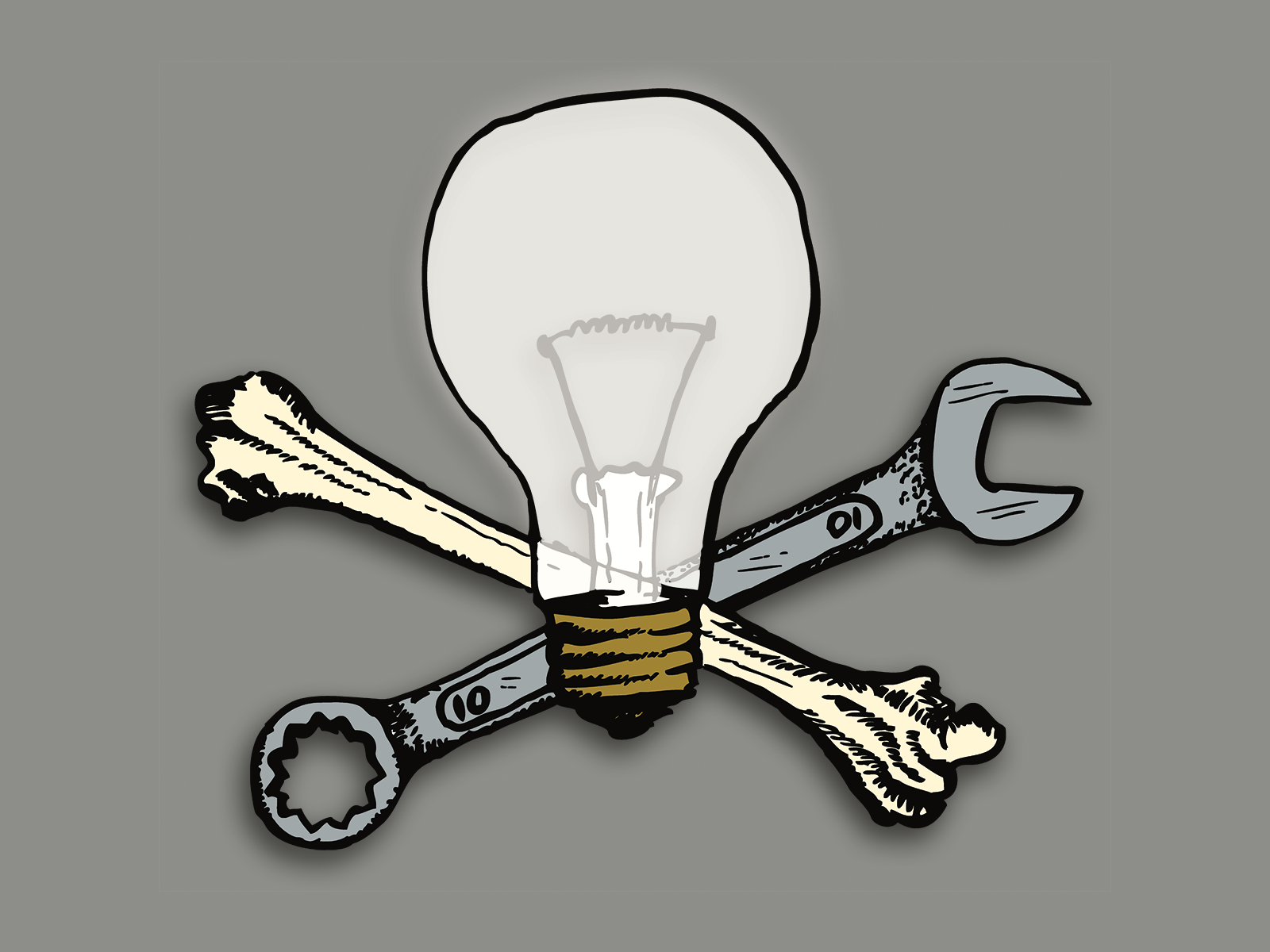- cross-posted to:
- [email protected]
- cross-posted to:
- [email protected]
A spectre is haunting the Western world: the spectre of Adultery.
Personal opinion: I dont really agree with most parts of the text. The comparisons to other forms of oppression does not sit right with me and I also feel like the text really does not engage with the issue of consent at all. Still wanted to post it, maybe you have other perspectives.
I have to agree with your feelings on it, OP. This reads as someone who is trying to justify cheating on their spouse by conflating a closed relationship as being somehow similar to capitalist oppression, and essentially laments they can’t have their secret relationship in the open without losing the security and other benefits they experience from their existing relationship. Which if I’m being honest is pretty unhinged.
If they want an open relationship, they should openly ask their partner about it before engaging with it. If that is unacceptable to the partner, and the asker still finds their relationship unsatisfying, morally they should end the relationship instead of cheating under the justification of “is it so bad to pursue passion?”.
It is the writing of a narcissict.
Huh, I read it very differently. He doesn’t seem to argue pro adultery. He seems to argue that adultery happens because we live in closed relationships even though we are naturally polygamous.
I’d agree with them on that, cautiously. The ‘one and only love’ is very much a cultural trope imo. I’ve lived in a polygamous relationship for a while and have comfortably loved several people at once. Love is a big thing, and I’d rather see it spread among more people, and once one gets beyond the culturally imposed jealousy it’s rather beautiful.
What I don’t agree with is the equation of work in relationships = work in oppression. Or the assumption that just monogamous relationships need work (I’d call it conscious effort). This whole ‘a relationship takes mental energy from me and therefore must not exist’ - that’s stupid. Everything I do (that’s not eating or sleeping) takes mental and/or physical energy, but ultimately I get to choose my activities even if that be a relationship with whatever number of partners involved. And anyways, any relationship - friendships, roommates, work partners - involves some effort of all involved. To equate that work with oppression? Okay I guess that is narcissist.
Ultimately I would like to see the scheme of ‘appropriate relationships’ widen and at some point dissolve, until the ‘who you are with’ isn’t even a question anymore - but in our own heads we are so far from that utopia that many of us will probably have to put some work in (to dissolve the old ideas of appropriateness?) or be alone.
Just like the shoplifter, the rioter, and the suicide, the adulterer makes only half a revolution: he violates the decrees of authoritarian convention and law, but in such a way that they remain in place, still dictating his actions-be those actions obedient or reactive.
It’s written to provoke. I’m just afraid those who could do with a little provocation might not find or understand this text. I know that where I live, among the not so progressive people adultery is definitely a thing. Marriage is sacred, divorce is shameful, and so people do the most horrific stupid dances and hiding games when a little life or the big horny or love strikes them. Some gay relationships end up being secret like that. Southern Europe very rural, still very catholic, and people have to resort to adultery it seems. Now if I were to translate this text and laid it out in the local chapel, people wouldn’t really know what to make of it. So for whomst is this text? Angry young anarchists I guess?
I really feel the points you make, but
It is the writing of a narcissict.
this is something I would not say of someone I dont know. Mostly because I dont know their circumstances. I also think that being open about ones needs or wishes regarding non monogamous relationship structures is harder for some than for others, because peoples oppression can intersect with that.
I read the article again, and still, I cannot shake the feeling of narcissism. It’s framed in a very particular way that I cannot overlook. It is, ultimately, an appeal to indulge in personal gratification regardless of the harms it causes others, waving away the obligation to be ethical with the proviso that the cheater was already hurting themselves, from either a passionless relationship and ‘oppression’ of conforming to societal expectations of… Not cheating, I guess.
There is, at least in my opinion, a very clear ethical difference in cheating because your spouse is abusive, or controlling, or otherwise manipulative, I.e, a bad person. But this article does not make that case, it is saying simply because cheating undermines social norms which the cheater finds oppressive, we should not look down upon them for the actions they choose to take, no matter the harm they cause to others.
If the author had made any sort of ethical qualification for cheating, I would not get that narcissitic feeling. Instead, they equate any closed relationship as somehow equal in oppression to what migrant workers and violently abused spouses endure, which is frankly disgusting.
There’s nothing wrong with open relationships, but cheating on an existing partner that wouldn’t be down for that and justifying it by saying “I’m beating the oppression of social norms! My needs of passion trump any (easily) preventable harm I may cause!” Blech, that just screams narcissism, there’s no other way to describe it, in my mind.
I think they have mis-interpreted the “good marriages take work” sentence. The foremost work seems to be - adopting a compatible method of solving problems.
Many people go into marriage blinded by love, seeing only the bright sides of their partner, and ignoring potential problems. When the short-term love (in my language, there are two words for love, one means “falling in love” and the other means “love”) wears off and the person sobers, they have either a marriage or even a family with the other person…
…and their problem-solving and communication strategies may not be compatible. This can lead to suffering and fortunately there is divorce - but if one doesn’t want to walk that way, then indeed - work awaits.
Adultery on the other hand, is a product of resignation - the marriage isn’t working well, one is not bothered enough to divorce it, but enteres into affairs and falls in love with other people.
Now, instead of one unhappy relationship, there is an unhappy and an unsustainable relationship. In the first one, people have lost attraction or don’t get along. In the second one, people cannot find time and struggle to make commitments. Maybe the second relationship has potential to be a better one than the first, maybe not.
Still, if everyone involved is aware of that - there is such a thing as ethical polyamory, where no cheating occurs because everyone involved knows they’re not the only one - nothing is too bad and the marriage and affairs can run in parallel.
IMHO, the bad thing about adultery is not that it occurs - but that it often occurs in secrecy, with cheating. If one has an intimate affair (maybe a marriage) with person A, one should be open with them and tell of an equally intimate affair with person B. It has the benefit of helping people make informed decisions - not everyone wants a partner who is not committed to a relationship with them. Besides, most people want safe sex, and other partners are a reason to re-calculate the measures taken against transmissible disease.




